By Christian John Makgala, University of Botswana:
(Special Talk given at a private reception to celebrate the conferment of the honorary doctorate on Prof. Toyin Falola by the North West University, Mahikeng campus, 9 May 2025).
Good evening, everyone. I’m not quite sure how to start my little speech this evening. Perhaps, I should begin by thanking our esteemed Prof. Toyin Falola for inviting me to speak. As has been mentioned many times at events featuring Prof. Falola, he needs no introduction. It would be redundant to introduce him just like famous historical figures such as Nelson Mandela, Chinua Achebe, Ali Mazrui, Muhammad Ali, Fela Anikulapo Kuti, Bob Marley or Miriam Makeba, among others.
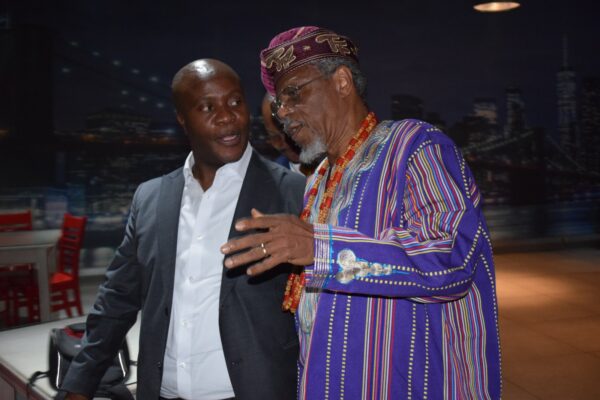
First, I take my hat off for Prof Falola for reaching out to a lowly historian like myself, who is known for little if anything at all, to be associated with him and his event today. When he contacted me, I felt it was rather audacious of me to agree to the role he requested. I believed my role should be shining his shoes and carrying his briefcase, not giving a speech in his honour. However, perhaps the good Professor sees something in me that I am not aware of. At any rate, I was reminded of Niccolò Machiavelli’s advice that if one’s abilities are ordinary, one should associate with great men so that at least he would have the smell of their extraordinary ability. Thus, I believe I will leave Mahikeng with the strong aroma of Prof. Falola’s talent and those who organized this event.
What I am sharing with you this evening is not a speech or an academic paper, but a few words on a subject I call ‘The Legacy of Professor Toyin Falola and the Silences in Botswana-North West Province (South Africa) Scholarship’. By scholarship, I mean the historiography of Botswana and the North West Province in South Africa.
The crux of my speech is a complaint or observation that Botswana and the North West Province share many similarities—ethnically, socially, culturally, economically, and historically. Yet, it seems there have been no collaborative historical projects between the historians of the two universities, despite the fact that the distance between the University of Botswana and the Mahikeng campus of North West University is only 150 km, which is about a couple of hours’ drive. This is the shortest distance between the University of Botswana and another comprehensive university in the Southern African region. However, there has not been significant collaborative research or publications in the Humanities and Social Sciences that I am aware of between the University of Botswana and North West University. This unexplainable silence is even more pronounced in my field of history. For instance, the only time I visited North West University was in 2014 for an inaugural lecture by historian Prof. Bernard Mbenga on “The Participation of the Bakgatla Ba Kgafela of Rustenburg District in the South African War of 1899–1902.” Prof. Mbenga did not even know I was in the audience, as I had been invited by the Bakgatla leadership from Moruleng, who were also present. My only other involvement with North West University was when I externalized a PhD thesis supervised by Prof. Mbenga about 15 years ago. Moreover, I didn’t know about his retirement until very recently as I was being invited to this event.
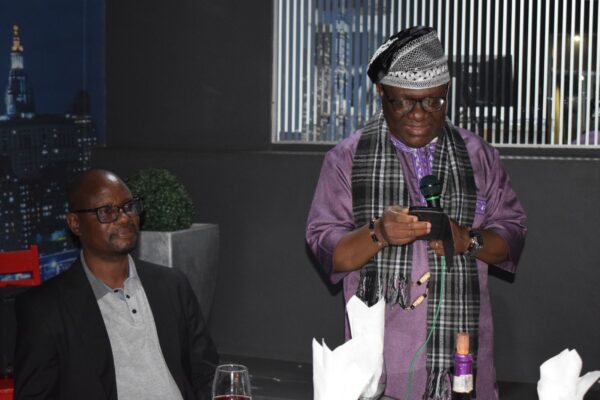
Joint projects in the form of research, seminars, and supervision of graduate students should have long been a tradition between the history departments of the two universities. The lack of such initiatives reflects poorly on both institutions. What is even more striking is that we have not yet signed a memorandum of understanding or memorandum of agreement between the two departments, while the Department of History at my home university recently signed an MoU with a university in Poland, the home of Chris Hani’s assassin. We are also in the process of signing another MoU or MoA with a university in Berlin, Germany, which includes staff and student exchange programs. The Department has a long-standing arrangement with Trent University in Toronto, Canada, where our top History undergraduate students pursue master’s degrees, with a few even earning doctorates at the University of Calgary in the past five years. Just last week, I gave a talk at the University of Cape Town on the 2024 elections in Southern Africa, and I have been participating in similar activities almost annually since 2018.
The lack of collaborative initiatives between North West University and us contradicts the close cultural, ethnic, social, and economic ties between Botswana and the Province. Here’s some historical context: the Tswana, who are the dominant ethnic group in Botswana, originated from South Africa, with significant communities still found in the North West, Gauteng, Northern Cape, and Free State Provinces. In the 19th century, conflicts between the Tswana and the Boers in the Transvaal Republic caused groups such as Bahurutshe, Bakgatla baga Mmaaana, Batlokwa, and Bakgatla ba Kgafela to flee to the Bakwena of Kgosi Sechele in present-day Botswana for refuge. The Tswana territories were colonized by Britain in the mid-1880s; the area south of the Molopo River was called British Bechuanaland, while the northern region became the Bechuanaland Protectorate. The term Bechuanaland is a British corruption of Batswanaland, or ‘land of the Batswana’. The Bechuanaland Protectorate, now known as Botswana, was initially administered from Vryburg in British Bechuanaland, and later the headquarters moved to Mahikeng, where we are today. British Bechuanaland was ceded to the Cape Colony in 1895 and became part of the Union of South Africa upon its formation in 1910, while Botswana gained independence in 1966 and relocated its capital in Gaborone.
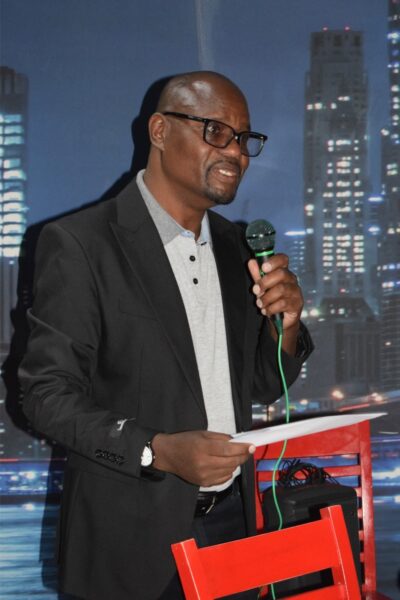
The lack of secondary schools in Botswana led many people from the Bechuanaland Protectorate to enroll at Tiger Kloof College, established by the London Missionary Society in Vryburg in 1904. Many former students of Tiger Kloof became members of Botswana’s ruling elite, including founding President Sir Seretse Khama, his deputy Sir Ketumile Masire, and nearly all cabinet members. Some of these individuals married into families in North West Province; for instance, Masire’s wife came from Disaneng, a village just 50 km from Mahikeng. Last weekend, I was with Kgosi Masibi of Disaneng at a wedding in Kanye, and others came from Lehurutshe across the border. Naturally, Tiger Kloof’s catchment area included communities in South Africa that played a significant role in the development of South Africa and the homeland of Bophuthatswana, established in 1977. Scholars at the two universities should consider a comparative study of these Botswana and South African elites.
The communities of Mabule, Tshidilamolomo, Mmakgori, Logagane, and Phitshane-Molopo along the Molopo River, which forms the border between Botswana and South Africa, have been affected by the fence that serves as the international border, first erected in 1933. Each village has a sister village in South Africa, separated by this border. Villagers report that their issues began when the fence was designated as the border following Botswana’s independence in 1966. In 2015 the Botswana Daily News reported that many individuals with shared surnames are said to have forged documents to obtain South African identity cards and birth certificates, while others possess two identity documents—one from Botswana and one from South Africa. The fence has complicated the retrieval of livestock left on the other side, requiring complex immigration procedures. Community members express that life was easier before the fence; they could attend social gatherings freely and cultivate fields based on rainfall patterns in either country. The fence has restricted access to fields and diminished their self-reliance. Additionally, the communities face challenges due to disconnection from relatives caused by the border. Before the fence, villagers could cross without passports, maintaining traditional connections for social and cultural events. After laws prohibiting crossing at unapproved points were enacted, many were arrested. A joint historical study on the border’s impact on these communities in Botswana and South Africa is long overdue.
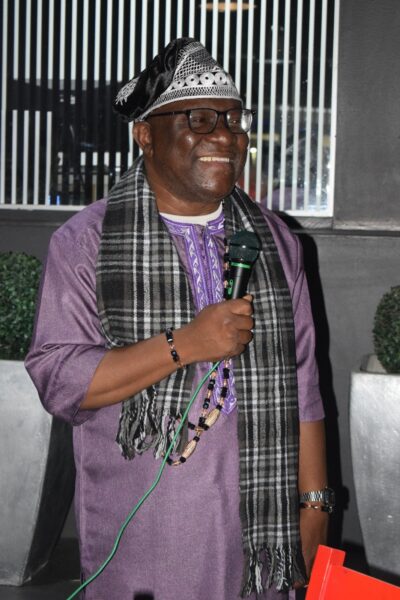
As a footnote, I should note that the disappearance of traditional initiation rites among these border communities led Kgosi Kopano Lekoko of the Barolong boo-Mariba in Tshidilamolomo, South Africa, to register for the bogwera initiation school in Botswana’s Kgatleng District under Kgosi Kgafela II in 2011. I am proud to say I was part of the group that trained with Kgosi Lekoko, and upon completing the gruelling three-month program, Bakgatla mephato from Mochudi and Moruleng in South Africa went to Tshidilamolomo to launch Kgosi Lekoko as a trained traditional leader.
There are many themes that can constitute collaborative research, but due to limited time, I will mention only a few. The socio-economic, cultural, and diplomatic dynamics of the railway line linking North West Province and Botswana is one such case. The cattle-breeding and beef industry on both sides of the border need to be examined. Many people from Botswana worked in Mahikeng and other areas in North West Province, but since this migrant labor was less organized than that of the Johannesburg and Kimberley mines, it has not attracted much scholarship. In 2019, I published an article in the Journal of Southern African Studies on the Kalahari Motor Race, which was organized and dominated by White South Africans and took place in Botswana from 1975 to 1981, when it was abruptly halted due to the apartheid sports boycott. The race later relocated to the Vryburg area and returned to Botswana in the early 1990s as apartheid ended. While the article was written from a Botswana perspective, it would have benefited from a North West viewpoint through collaborative authorship.
In 2021, an article of mine appeared in the New Contree journal of North West University, which has Prof. Elize van Eeden as Chief Editor and Prof. Falola as a member of the Editorial Advisory Board. The paper discusses President Lucas Mangope’s campaign to merge his Bophuthatswana homeland with Botswana, which Botswana rejected, leading to strained relations as Botswana argued that Bophuthatswana was a product and surrogate of apartheid. This paper has become the most accessed of my articles recently. Almost every two weeks, I receive notifications from Academia listing names of people supposedly reading the paper, and they are almost always linked to North West Province in some way. It makes me wonder if the paper would have been richer had I co-authored it with a historian or political scientist from North West University to provide a South African perspective.
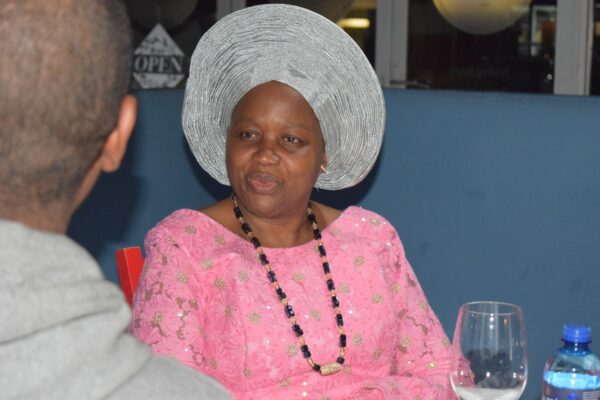
Let me address the economic and democratic development of Botswana. Botswana gained independence in 1966 as one of the poorest countries in the world. However, through sound macroeconomic management, efficient diamond mining, effective public service, and low corruption levels, the ruling Botswana Democratic Party (BDP), in power from 1966 until last year, sustained the fastest-growing economy globally for 30 years within a stable and peaceful democratic framework. By the turn of the new millennium, Botswana had been classified as an upper middle-income economy by the United Nations and World Bank. International political scientists and economists began referring to Botswana as an ‘African miracle’, ‘African success story’, and the ‘shining example of democracy in Africa’.
A deeper historical context is needed to understand how Botswana developed differently from most sub-Saharan African countries, which faced regressive military coups, repressive one-party kleptocracies, and the resource curse. The Tswana traditional governance includes the semi-democratic kgotla forum, which checks the powers of the chiefs, meaning governance was based on consensus and accountability. From the precolonial period, Tswana chiefs also embraced foreign ideas and practices to improve governance, leading some scholars to label them “tribal innovators” or initiator states. British colonial rule preserved these traditional Tswana governance structures and allowed chiefs to provide social amenities as early as 1900, fostering a developmental thrust in tribal rule. The post-colonial government inherited this context and had since been described by political economists as a developmental state. However, since the turn of the new millennium, Botswana has also faced an unemployment crisis, elite corruption, economic inequality, and an unaccountable ruling elite, culminating in the BDP’s loss of power for the first time in the 2024 election.
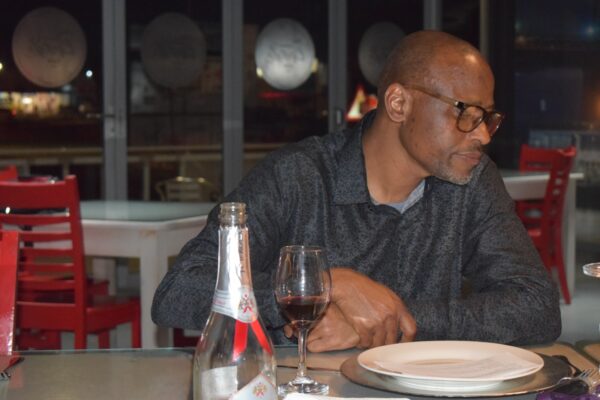
I am sharing the story of Botswana’s developmental trajectory and relative prosperity to explore whether certain aspects of the country’s governance can be found in President Lucas Mangope’s leadership in Bophuthatswana. He seemed inspired by developments in Botswana. Firstly, the name of his homeland resembles that of Botswana, his party was initially the Bophuthatswana Democratic Party (BDP), and the national anthem appeared influenced by Botswana’s as well. Under his leadership, Bophuthatswana was considered a model black homeland in terms of infrastructure development. It was regarded as the most progressive or best governed under the constraints of the apartheid system, which of course included undemocratic and repressive elements. Since Seretse Khama was born a chief and Mangope was also a chief who trained under Kgosi Bathoen II of Bangwaketse in Kanye, could their developmental orientation be linked to intrinsic Tswana leadership qualities? This may explain why some people in the North West, perhaps disgruntled with the post-apartheid government’s shortcomings, claim that life was better under President Mangope’s Bophuthatswana. This is another question that may benefit from collaborative work between scholars from UB and North West University.
The examples I mentioned above are just a few among many. Joint projects between the University of Botswana and North West University would foster cooperation between two neighbouring Global South universities, alongside the dominant North-South relations. As the saying goes, ‘charity begins at home’. Therefore, we should leverage Prof. Falola’s legacy to initiate collaborative projects and initiatives between our two universities, given our shared socio-cultural and historical experiences.
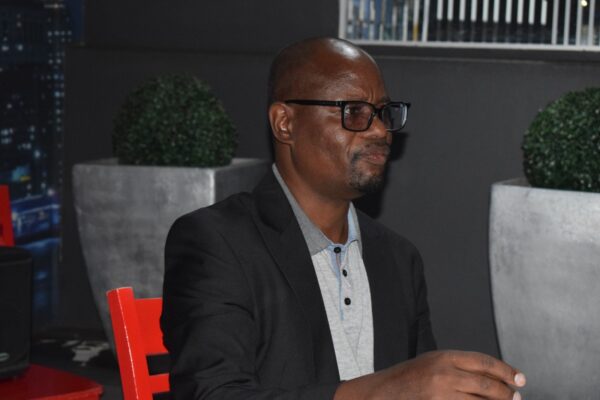
Thank you master of ceremony and all those who made it possible for me to be famous for 15 minutes this evening: PULA.
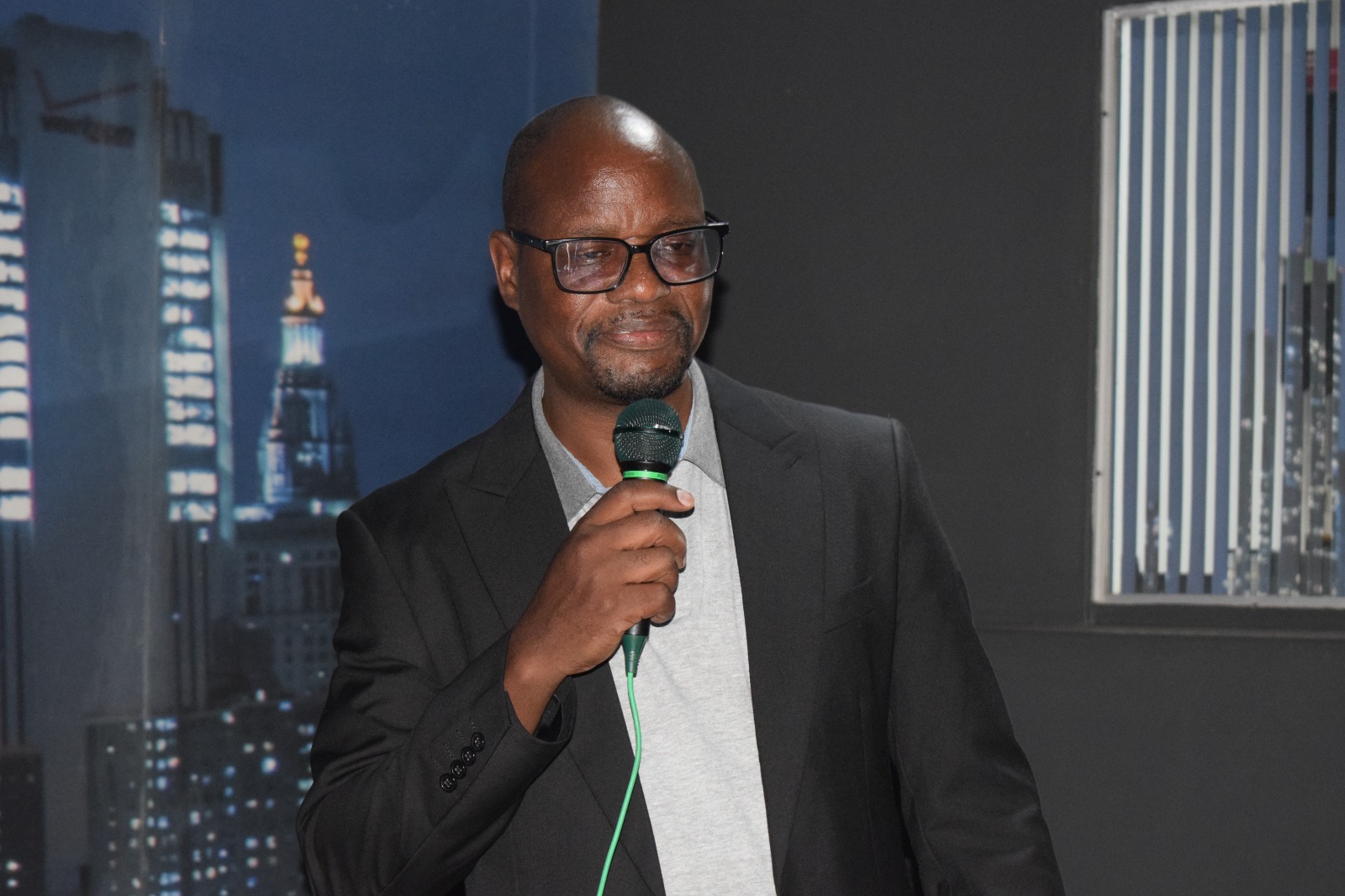
Very enlightening speech. Thank you Prof